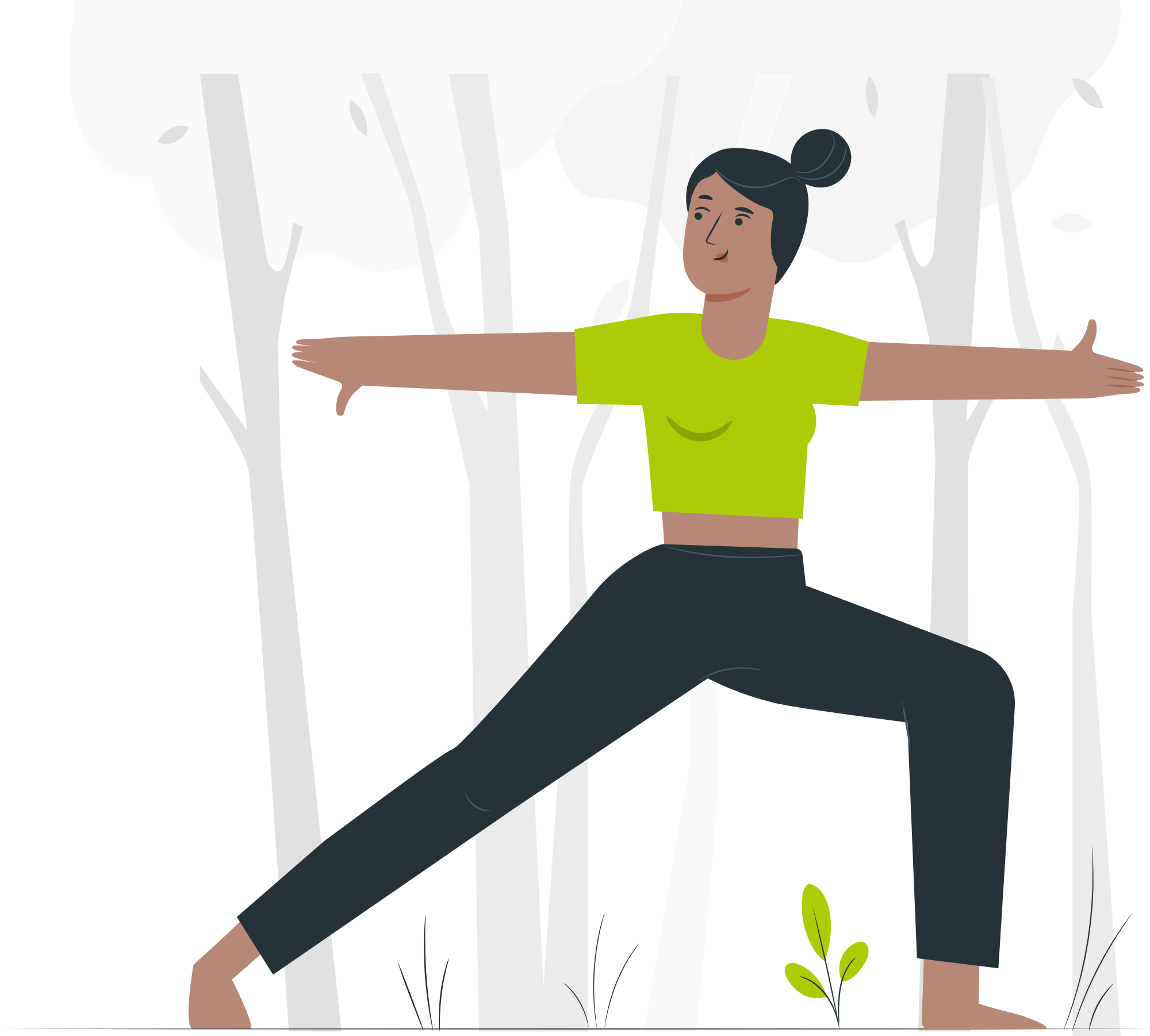Health for carers
Being a carer can be demanding. We often put other’s needs before our own. As a consequence, we can take our eye off the ball and ignore our own health.
This Footsteps offers some ideas about maintaining your health alongside your commitments . . .
1. Healthy eating
Many people think that healthy eating requires extra time to shop, prepare and cook. This does not have to be the case.
For example, the story from Cyrus (below) shows that we don’t need to make big changes – taking one small step can help us to get on the right path.

Taking one small step
As a carer, Cyrus was always on busy. Cyrus hated breakfast. He was always too rushed in the morning and if he did eat, it was ‘on the go’, which then made him feel nauseous.
Instead he just had a mug (or three) of tea. He would grab a sandwich while preparing his partner’s lunch. They’d eat together in the evening.
When he tracked his eating patterns Cyrus realised he was not eating enough earlier in the day to provide him with the energy he needed for his commitments.
He discussed the problem with his partner.
They agreed to eat together at every meal; after all Cyrus was preparing three meals a day for his partner and it would give them some quality time to talk as well as being healthier for Cyrus.
Cyrus’ first small change was to have a banana at breakfast and gradually build from there to eat the same breakfast as his partner. Over time, he noticed he had more energy in the morning, was less grumpy and tasks did not feel so overwhelming.
Cyrus’ story shows that we do not need to make big changes – taking one small step can help us to get on the right path.
Mr Cookfulness – a therapeutic approach to cooking
Ian Taverner, who has presented at the Footsteps Festival, offers many hints and tips on saving time, enjoying food preparation and eating well. He understands the demands placed on people with pain and mental health conditions. His approach fits perfectly for carers too.
You can get a copy of Ian’s book here.
More hints and tips for healthy eating

2. Getting active
You might be asking why we have included “getting active” – you are already busy enough! But here we are talking about activities that are meaningful to us and aid our fitness and wellbeing, rather than just those that meet basic needs.
Meaningful activities are generally ones that are enjoyable. They may also help us move towards a goal. It may be that you can work with the relative or friend you care for on a joint activity to help both of you get fitter.
Perhaps the person you care for would not be up to such strenuous exercise. Perhaps you need to stay with them but could do some standing exercises while they do sitting exercises – encouraging each other along the way.
Enjoyable, rewarding and regular activity builds confidence to do things, lessens the struggle with daily life, aids sleep and improves both mental and physical health.
We’ve put together some useful tips for how to get active – and stay active. Here they are:
Discover four ways to get active
3. Supporting your health
Did you know?
Carer’s Assessments:
If you care for someone and are over 18, you can have a free assessment to see what might help make your life easier. Find out more here
Flu Vaccine:
Register at your GP’s as a carer and you will be entitled to flu and COVID-19 vaccines.
Carer’s Liaison at GP practices:
Check what your practice offers.

Health for carers
Key ideas
✔ Healthy diets fuel our bodies to give us the energy we need, boost our immune system, and can also improve our mental wellbeing
✔ Keep active with activities that are meaningful to us and aid our fitness and wellbeing, rather than just those that meet basic needs
✔ Remember – if you don’t look after yourself, you won’t be able to support the person you care for
Next footstep
